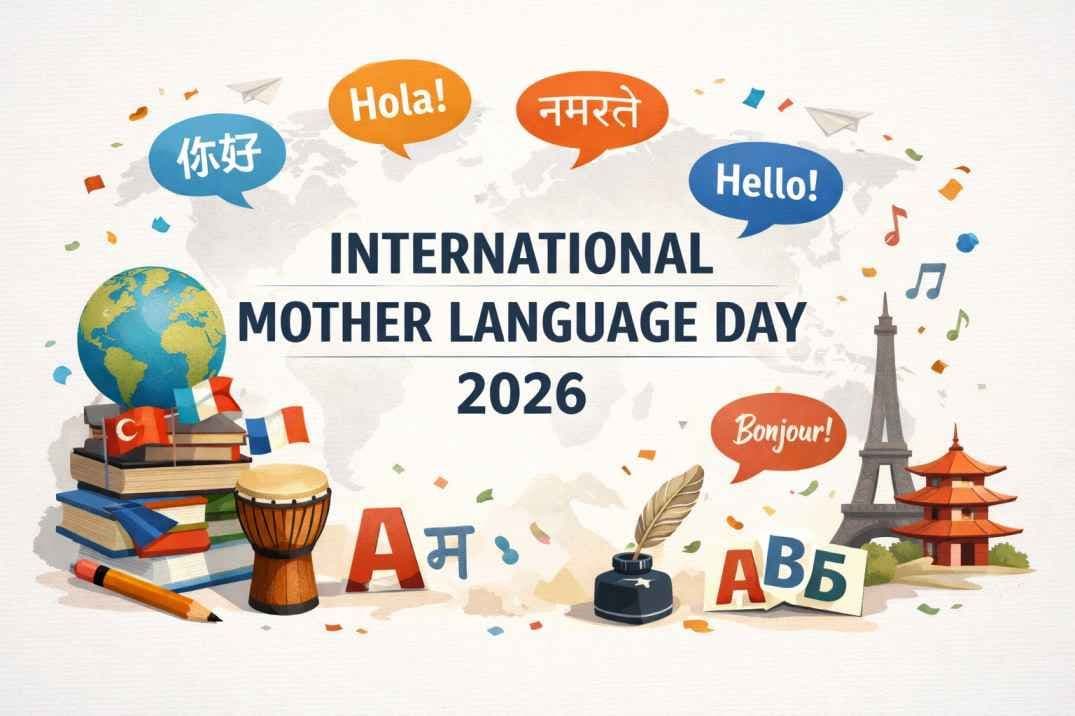June 12, 1975 – When Democracy Faced Its Darkest Test
Jun, 2025
•4 min read
"A Constitution is only as strong as the people who uphold it."
On June 12, 1975, the Allahabad High Court declared Prime Minister Indira Gandhi’s 1971 election void, citing electoral malpractice in the Raj Narain vs Indira Gandhi case. Within two weeks, India saw the imposition of a nationwide Emergency under Article 352 — citing "internal disturbance".
But the story is deeper than political strategy. For the serious UPSC aspirant, it’s a case study in the fragility of democracy, the importance of constitutional morality, and the ethical dilemmas faced by public servants.
Try to attempt it before reading further
QUESTION 1
Indian Polity
Consider the following statements regarding the Emergency imposed in India in 1975:
- It was declared under Article 356 of the Indian Constitution.
- Fundamental Rights under Article 19 were suspended during the Emergency.
- The 42nd Constitutional Amendment was enacted during the Emergency period.
Which of the above statements is/are correct?
Select an option to attempt
Emergency and Article 352 – What Happened?
- On June 25, 1975, Indira Gandhi advised the President to invoke Article 352, triggering an Emergency.
- Fundamental Rights were suspended.
- Opposition leaders were jailed.
- Press censorship became the norm.
- The 42nd Constitutional Amendment followed, drastically altering the balance of power.
In theory, the Emergency was constitutional. But in spirit, it violated the very rule of law.
Why This Matters for UPSC Aspirants?
🏛️ 1. Understanding Rule of Law vs Rule by Law
The Emergency taught us that laws — even constitutional provisions — can be twisted if the spirit of justice is ignored.
👉 Rule of law is about fairness, restraint, and constitutionalism, not just legality.
GS2 Angle: Emergency provisions, checks and balances, separation of powers
GS4 Angle: Moral dilemmas, integrity under pressure
🧭 2. The Role of Civil Servants During Crisis
Emergency tested the ethical compass of civil servants:
- Many complied with illegal orders out of fear or loyalty.
- A few resisted, quietly upholding constitutional values.
The lesson? As a future civil servant, your loyalty must lie with the Constitution, not individuals.
📖 3. Constitutional Morality – The Missing Virtue
The ADM Jabalpur case (1976) showed how even the Supreme Court failed to protect rights. Years later, this judgment was criticized for betraying constitutional morality — the idea that power must serve liberty, not crush it.
As a UPSC aspirant, constitutional morality must guide your approach to governance, even when legal cover seems available.
🧠 4. Why It Still Matters Today
Even today, debates over sedition, preventive detention, and censorship echo Emergency-era tactics.
Understanding June 12, 1975 helps you critically evaluate current affairs through a constitutional lens — a crucial skill for both UPSC Mains and real-life administration.
Give it a thought
You're asked to enforce censorship orders during unrest — do you follow orders or protect free speech?
Must-Remember Points for UPSC
- Article 352: Proclamation of Emergency (internal security angle)
- 42nd Amendment 1976: Called the "Mini-Constitution", diluted judicial power
- ADM Jabalpur Case 1976: A lesson in the failure of judiciary to uphold liberty. Supreme Court declared that during Emergency, no person has the right to move any court for enforcement of fundamental rights, including Article 21.
- Constitutional Morality: Coined in Ambedkar’s speeches; means following the spirit, not just the letter of the Constitution
- Rule of Law: Core democratic value, opposed to arbitrary power
🔚 Final Words
June 12 isn’t just a historical footnote. It is a reminder that democracy requires daily commitment — not just from leaders, but from citizens and civil servants alike.
As an aspirant, you must not just memorize Article 352, but internalize its misuse. Because clearing UPSC makes you powerful — and the true test is how you use that power.
Remember : “Power tends to corrupt, and absolute power corrupts absolutely.”



